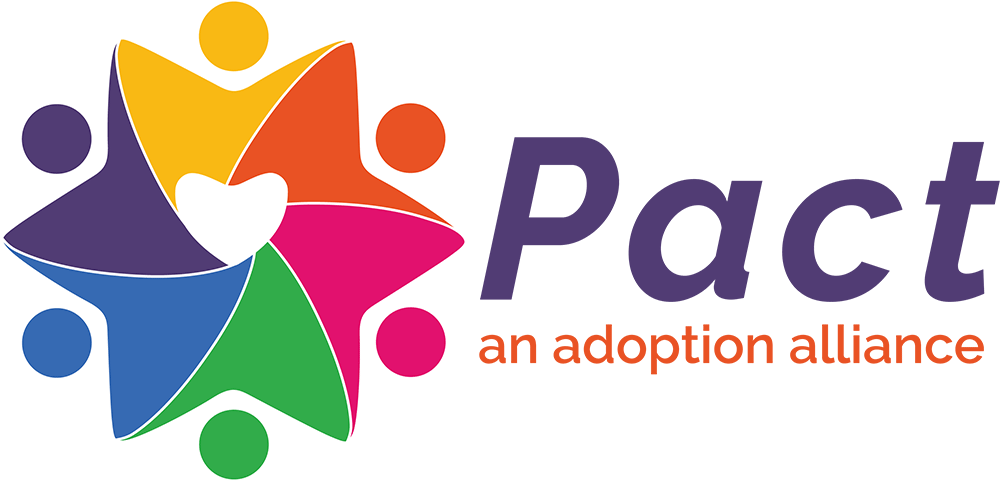Book Review:
Black Anthology: Adult Adoptees Claim Their Space
edited by Susan Harris O’Connor, Diane René Christian, and Mei-Mei Akwai Ellerman
reviewed by Aaryn Belfer
2020
Though it’s becoming more common to hear from the marginalized members of the adoption triad, the voices of adoptees and first parents nevertheless remain secondary to those of adoptive parents. Books authored by adoptive parents are plentiful, but generally center their experiences and frequently give away too much of adopted children’s private information. To add to what tends to be a Disneyfied cacophony, adoption industry players—agencies, social workers, attorneys—also drive the narratives that commodify children (finding kids for families who want them, rather than families for children who need them), pathologize first parents, and perpetuate a model of saviorism. Simply put, it is not every day that we find books that elevate adoptee experiences in their own voices. Going one step further, finding writings by domestic and internationally adopted Black people is almost like spotting a unicorn. Almost.
Thankfully, Susan Harris O’Connor, Diane René Christian, and Mei-Mei Akwai Ellerman have collaborated to compile a series of essays and poems written by Black adoptees. In Black Anthology: Adult Adoptees Claim Their Space (CreateSpace Independent Publishing Platform, 2016), Harris O’Connor and company have gathered the writings of 16 Black adopted adults. No essay is longer than nine pages and the entire book, at 102 pages including contributor biographies, is deceptive: the slim size belies the dense content within.
With contributions from people familiar to many in the adoption community—including April Dinwoodie, Sean Sparks, and Harris O’Connor herself—Black Anthology offers insight into many adoptee experiences, including the lasting impact of losing a first mother, a first family, a first language, a first country. It provides a window into being an “other” in ways that many of us might just overlook for lack of having it pointed out to us, and underscores intersectionalities beyond being Black and adopted.
Rose Marie Peña’s “Black Germans: Reunification and Belonging in Diaspora,” an essay about her experience being born in Germany to a white German mother and Black American solider shortly after the end of WWII, is illuminating. Part of an exceedingly small cohort of Americans now in their 60s and 70s who were scattered across the U.S., far from their country of birth, Peña regrets the loss of her German language and culture, and the lack of “binational recognition.” Like many adoptees, Black Germans also feel isolated within their extended families. But as a group, she says, “Black Germans must come to terms with the reality that they may never see themselves visually reflected anywhere within their Adoption Kinship Networks.” Peña’s essay underscores the fact that issues inherent in adoption are borderless and span generations, but can still be decidedly unique and isolating.
Milton Washington, like Peña, felt the loss of his birth country. In “The Koreans of Mishkin’s Pharmacy,” the author finds himself at a Harlem bus stop, where an elderly Black man begins a conversation by expressing his discontent with the “Ko-Reans” in their community. The two continue talking once on the bus, and Washington chooses to reveal his personal history to this stranger: He is a biracial Black man born in Korea, to a Korean mother and Black American G.I. Their conversation sends the author back to his childhood and the hug his mother gave him before leaving him at an orphanage at age eight. When the stranger gets off the bus, he leaves Washington wondering if perhaps this man could be his father.
In “Intersections,” an essay by Pact friend Sean Sparks, we are given a window into the life of someone who is “bi-racial, transracially adopted, culturally Jewish, light-skinned, and transgender.” Sean writes quite lovingly of his adoptive parents, who worked overtly and diligently to provide their kids with mirrors, saying that his “parents parenting has been the most intimate act of revolution I have ever experienced.” And yet. Even with their best intentions and efforts, Sparks has this to say:
“When I give trainings to white folks parenting children of color, I use my parents as a measure of action and awareness although they are a rare representation of and an ever rarer reality of what white folks need to do to combat government sanctions acts against Black bodies, spirits, and minds. I tell them my parents did everything so deeply right in the realm of fortifying my identity and it still was not enough.”
This statement is exactly why this book is important.
Despite the essential takeaway messages, insights, and opportunities to hear authentic first-person experiences of adopted adults who were once adopted children, each essay is not created equal. Some are meandering, or so filled with metaphors as to lose the story along the way, or marred by distracting typos. Better editing would have made this collection a more even read.
Inconsistencies aside, this book is really important, and particularly useful for those new to the voices of adoptee experience, including extended family members. My father-in-law recently commented, “Honey, I read that book about the Black adoptees. It was something else. I had no idea what it was like and it really knocked me over. I found myself weeping.”
There is nothing more compelling than the first-person voice of experience. While certain pieces in Black Anthology might have benefited from more careful editing, the content of what lies between the covers far outweighs any editor’s comments. This book belongs on the shelf of every family who has a Black adopted family member. For anyone who loves a Black adoptee and wants to support their journey in this complex world, this book is a must-read.
Aaryn Belfer served as the editor of Pact’s Point of View. She is a freelance writer, white agitator, and mom to an incredible Black adopted daughter who is her hero.
